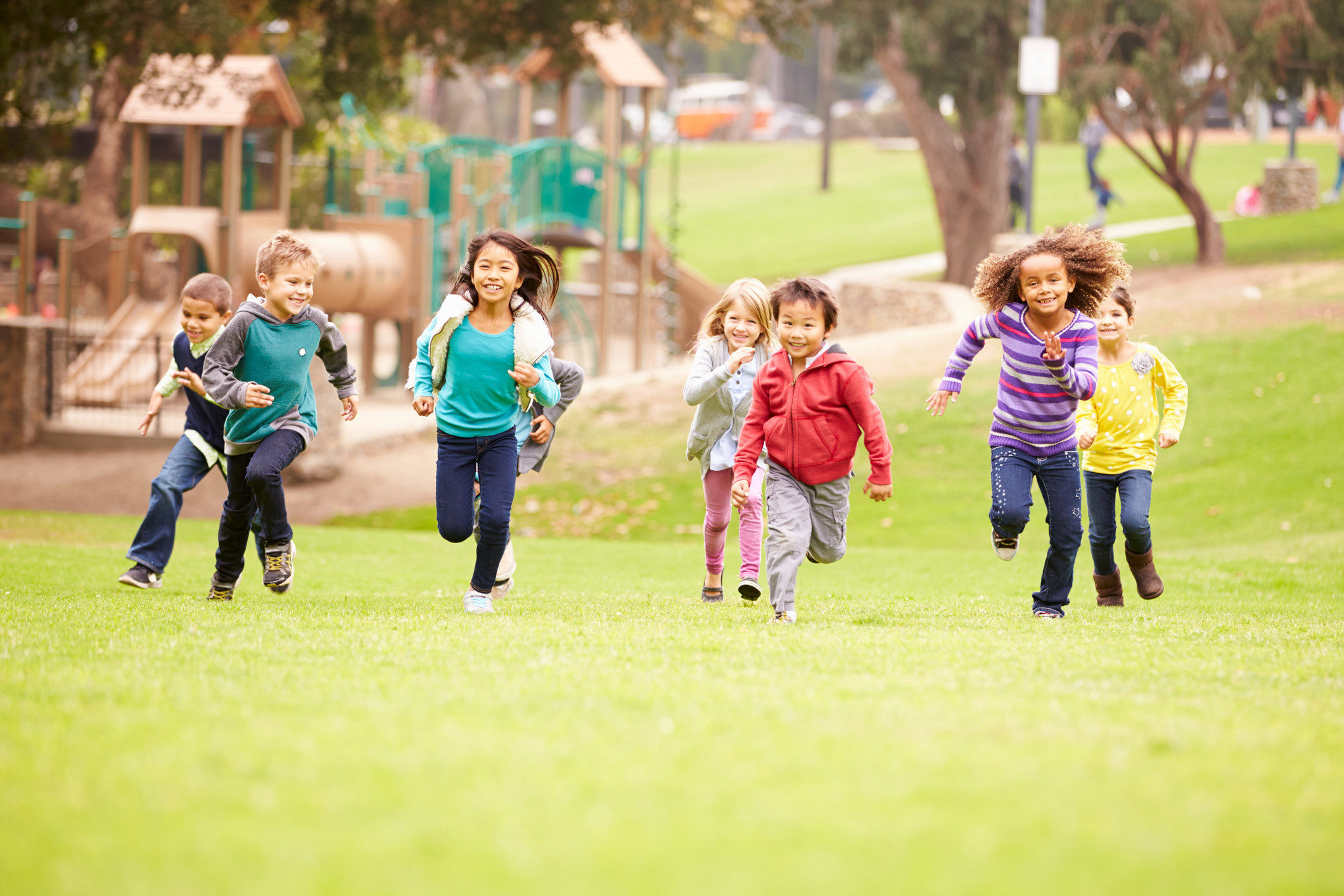1. Start Early: Gradual Separation
If your child has never been away from home for extended periods, it’s a good idea to start with shorter separations before the camp.
🚗 Mini Getaways: Plan a weekend visit with family or friends, where your child spends a few nights away from home. This can help them get used to the idea of being away from parents in a safe environment.
This gradual separation will build confidence and help reduce the stress of a longer time away.
2. Prepare with Positive Conversations
Before the camp, have a positive, open conversation about what to expect. Talk about the exciting activities, the friends they’ll make, and the fun adventures they’ll experience. The more they know about what awaits them, the less likely they’ll be to focus on their anxieties.
🗣️ Tip: Focus on enthusiastic discussions about their interests—sports, crafts, nature walks, and new friendships. Ensure that parents maintain a positive attitude during this talk to foster excitement instead of fear.
3. Pack Comfort Items from Home
Bringing a piece of home can provide comfort during moments of distress. Allow your child to pack a few comfort items, such as:
- A favorite stuffed animal or blanket
- Family photos or a small keepsake
- A journal or letters from home
Having these familiar objects nearby can provide reassurance and help your child feel connected to home, reducing anxiety.
4. Establish a Communication Plan
While some camps may restrict phone calls or daily communication, discuss the camp’s communication policies beforehand. Knowing they can receive letters or a quick call from home can give children something to look forward to during their stay.
🔑 Tip: If your camp allows communication, set up a regular schedule for brief check-ins, reassuring your child that you’ll be in touch at a set time.
5. Encourage Independence and Build Confidence
One of the goals of a sleep-away camp is for children to develop their independence and self-confidence. Encourage your child to focus on their strengths and embrace challenges at camp. Whether they are learning a new skill or tackling a difficult task, celebrate these small victories to build their confidence.
💪 Tip: Help your child visualize how they can solve problems on their own, like asking a counselor for help if they feel anxious. Building problem-solving skills gives children the tools to manage anxiety when they face challenges at camp.
6. Address Homesickness Before It Starts
Homesickness is often a key trigger for separation anxiety. Talk to your child about the possibility of feeling homesickand reassure them that it’s okay to miss home. Encourage them to share their feelings with a camp counselor if they start feeling overwhelmed.
💡 Tip: Let them know homesickness typically passes after a few days once they settle into the camp routine. Often, getting involved in camp activities helps children distract themselves and shift focus to positive experiences.
7. Stay Calm and Supportive
Parents’ reactions play a big role in how children cope with separation anxiety. When your child expresses anxiety about the camp, it’s crucial to stay calm, supportive, and encouraging. Show confidence in their ability to adapt and reassure them that they are capable of handling the experience.
😊 Tip: If you’re feeling anxious, avoid showing your child your own stress. Instead, offer them reassurance and trust in the camp experience to support their growth and independence.
8. Stay Informed: Keep in Touch with Camp Counselors
If your child’s anxiety seems to persist or escalate, reach out to the camp counselors. Many camps provide updates on how campers are adjusting, and they can be a valuable resource to assess how your child is doing. Open communication with camp staff ensures that any concerns are addressed early.
For more tips on managing separation anxiety and ensuring a smooth transition, check out the full article:
🔗 Managing Separation Anxiety in Sleep-Away Camps: A Comprehensive Guide
Would you like more ideas on how to help your child prepare for their upcoming sleep-away camp? 😊

